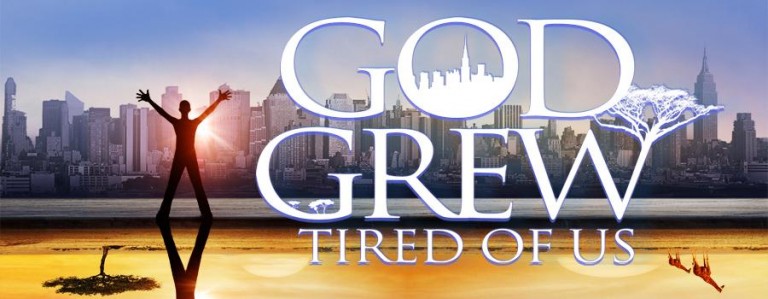Movie Review: God Grew Tired of Us
Multicultural Event 2018
March 30, 2018
The first visit to the Kakuma refugee camp in July 2001, [filmmakers] Christopher Quinn, Tommy Walker and their miniature team started to gather testaments on the difficulties of life in a refugee camp and the grim journey to an enhanced life. Later they found themselves boarded on a plane that held selected joyous men to be taken from Africa and relocated in America. All around them were stories that needed to be told and lives that were just beginning.
“God Grew Tired of Us” is the exploration of the unconquerable spirit of three, named after Peter Pan’s party of orphans who provided for each other, the “Lost Boys” who left their life in Sudan and who prevailed over many insuperable adversities in the move to America in search of better lives. The three boys find themselves remaining deeply devoted in the helping of their family back home while constructing gratifying new lives in America.
25,000 “Lost boys” aged between 3 and 13 who sought out refuge from famine, diseases, and attacks from rebel soldiers, fled their villages and developed surrogate families. Among the 25,000 were John Bul Dau, Daniel Abol Pach, and Panther Blor, the three who lead movie viewers through this infamous story. The “Lost Boys” overcame all odds of the what most would consider an inevitable defeat. Walking across the sub-Saharan desert barefooted, the boys made their way in to the UN’s refugee camp in Kakuma, Kenya. It was there where the three and 3,800 others were given the opportunity to have a better life and re-settle in the United States.
Through the experiences that each man brings the audience, viewers will see how their daily rituals have become unnoticed in significance. From a plane ride that they have never endured, to a harbored bounteousness amount of food, also known as a grocery store, to the conscientious efforts made by each to seek out their families back in Africa.
“God Grew Tired of Us” Winner of the Grand Jury Prize and the Audience Award at 2006 Sundance Film Festival, makes its way with relevance to the lives of today.






